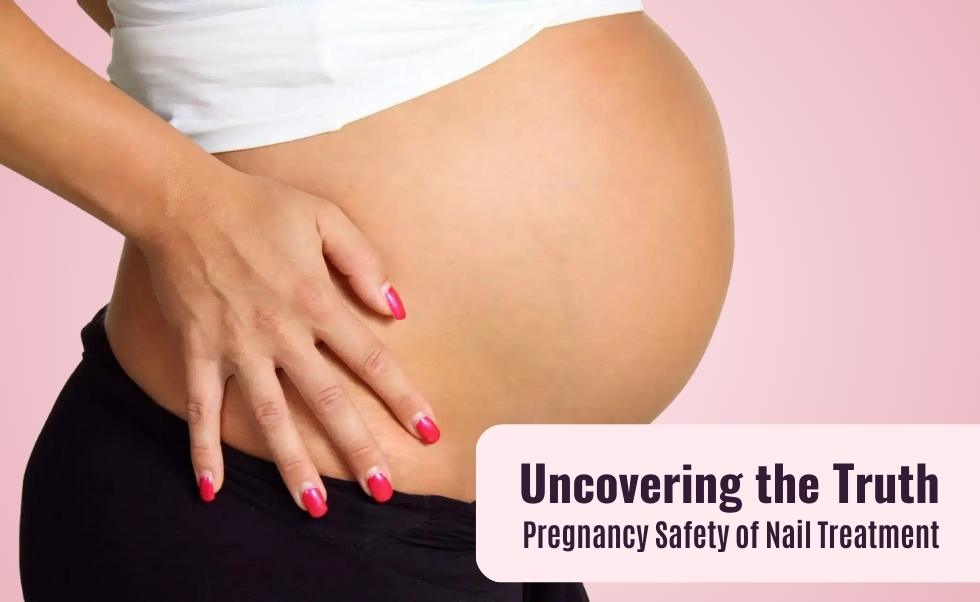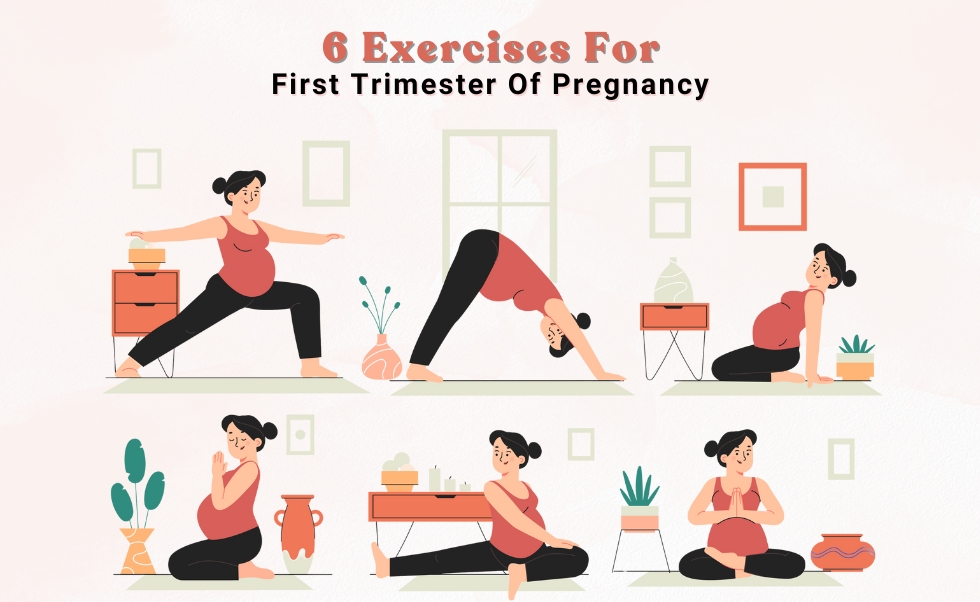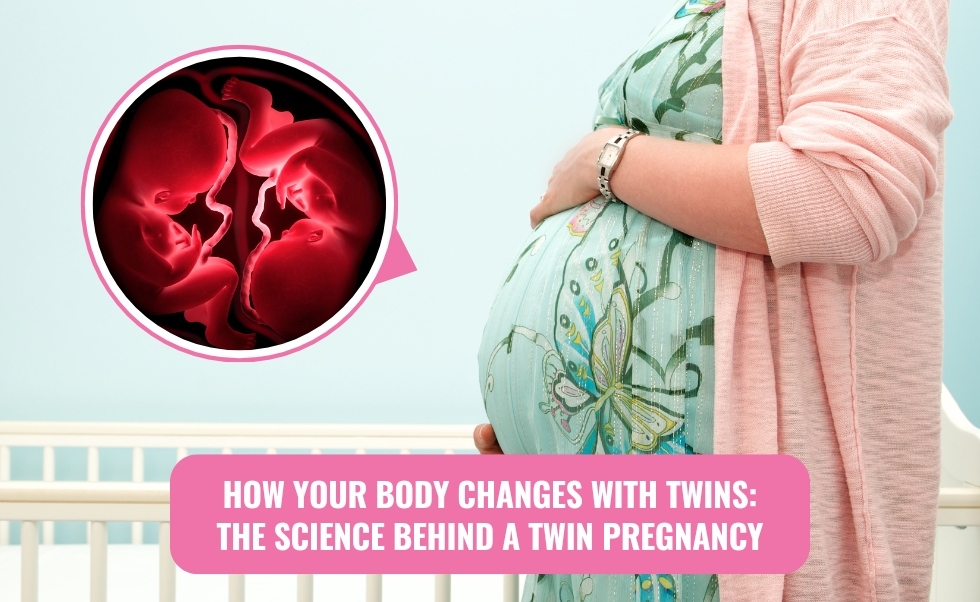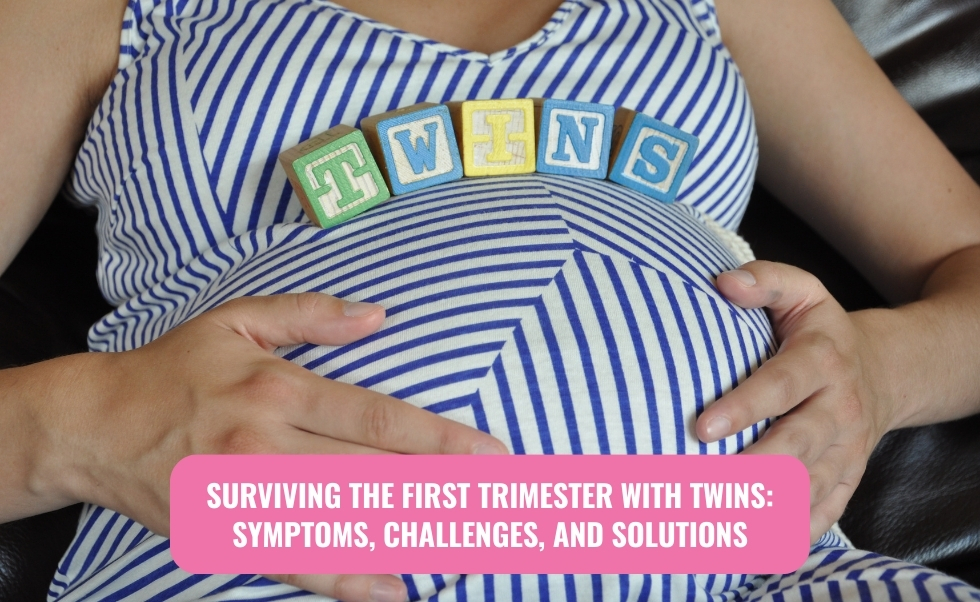For women trying to conceive, maintaining a healthy lifestyle is crucial for enhancing fertility and preparing the body for pregnancy. A common question that arises is whether it is safe and beneficial to diet while trying to conceive. The answer depends on the type of diet, nutritional balance, and overall health.
Why is nutrition important while trying to conceive?
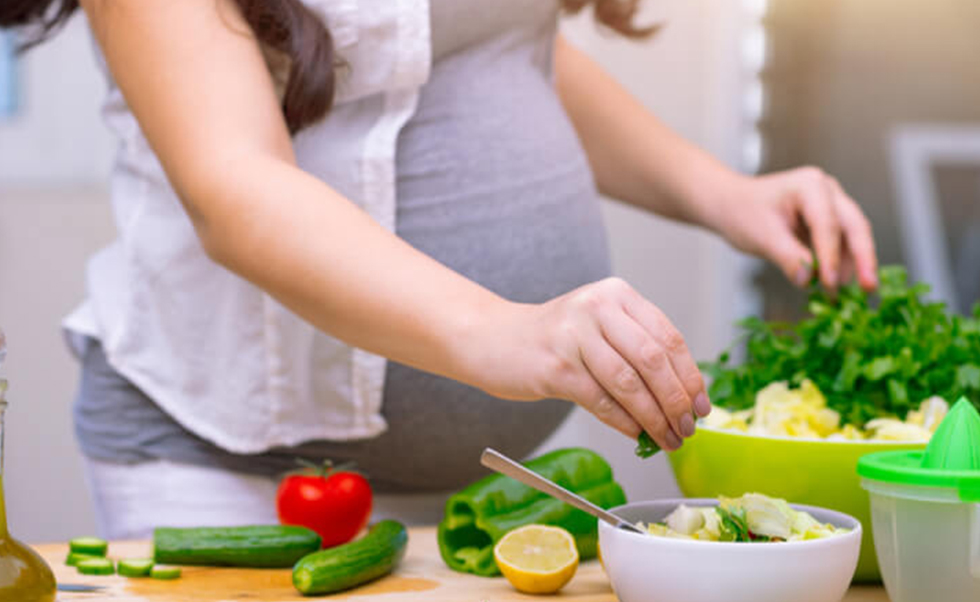
Proper nutrition plays a vital role in fertility and reproductive health. Nutrients like folic acid, iron, calcium, and essential vitamins and minerals support ovulation, hormonal balance, and the overall well-being of both the mother and the developing fetus. Therefore, any dietary plan while trying to conceive should focus on providing adequate nutrition rather than simply cutting calories.
Balanced Diet vs. Restrictive Diets
- Balanced Diet: A balanced diet includes a variety of foods from all food groups, ensuring a sufficient intake of essential nutrients. Consuming plenty of fruits, vegetables, whole grains, lean proteins, and healthy fats can support fertility and improve your chances of conception.
- Restrictive Diets: Highly restrictive diets that eliminate entire food groups or significantly reduce calorie intake can be harmful. Such diets may lead to nutrient deficiencies, hormonal imbalances, and reduced energy levels, negatively impacting fertility.
What kind of Diet is a Fertility-Friendly Diet?
- Include Nutrient-Rich Foods: Focus on foods rich in essential nutrients. Leafy greens, berries, nuts, seeds, lean meats, and dairy products provide vitamins and minerals crucial for reproductive health.
- Maintain a Healthy Weight: Both underweight and overweight conditions can affect fertility. Aim for a healthy weight by consuming a balanced diet and incorporating regular physical activity. Avoid drastic weight loss or gain during this period.
- Folic Acid Supplementation: Folic acid supplementation is recommended for all women trying to conceive. Folic acid supports fetal development and reduces the risk of neural tube defects. Getting enough folic acid from diet alone is often difficult, making supplementation important.
- Stay Hydrated: Drinking plenty of water is essential for overall health and can aid in maintaining optimal body functions, including reproductive health.
- Limit Processed Foods: Avoid processed and junk foods high in sugars, unhealthy fats, and artificial additives. These foods can contribute to weight gain and offer little nutritional value.
- Avoid Excessive Caffeine and Alcohol: High caffeine and alcohol consumption can negatively affect fertility. Limit caffeine intake to less than 200 mg per day and avoid alcohol while trying to conceive.
Is Consulting with a Healthcare Provider Necessary?
Before starting any diet while trying to conceive, consulting with a healthcare provider is crucial. They can provide personalized advice based on your health status, nutritional needs, and fertility goals. They can also recommend specific supplements or dietary adjustments to support your journey toward conception.
Dieting while trying to conceive is not about restrictive eating or significant calorie reduction. Instead, focus on a balanced, nutrient-rich diet supporting overall health and fertility. Prioritize foods that provide essential vitamins and minerals, maintain a healthy weight, and avoid processed foods, excessive caffeine, and alcohol.
Consulting with a healthcare provider can help ensure your dietary choices align with your fertility goals, ultimately supporting a healthy and successful conception journey. Remember, a well-nourished body is more likely to conceive and sustain a healthy pregnancy.


